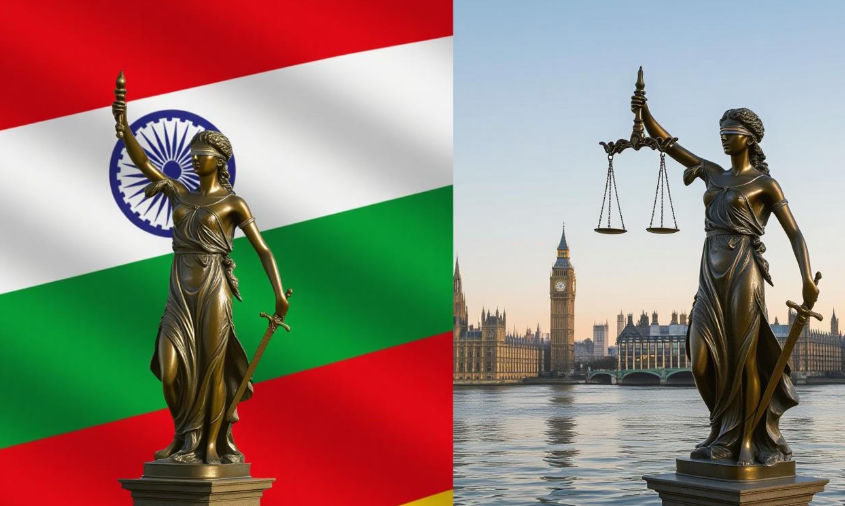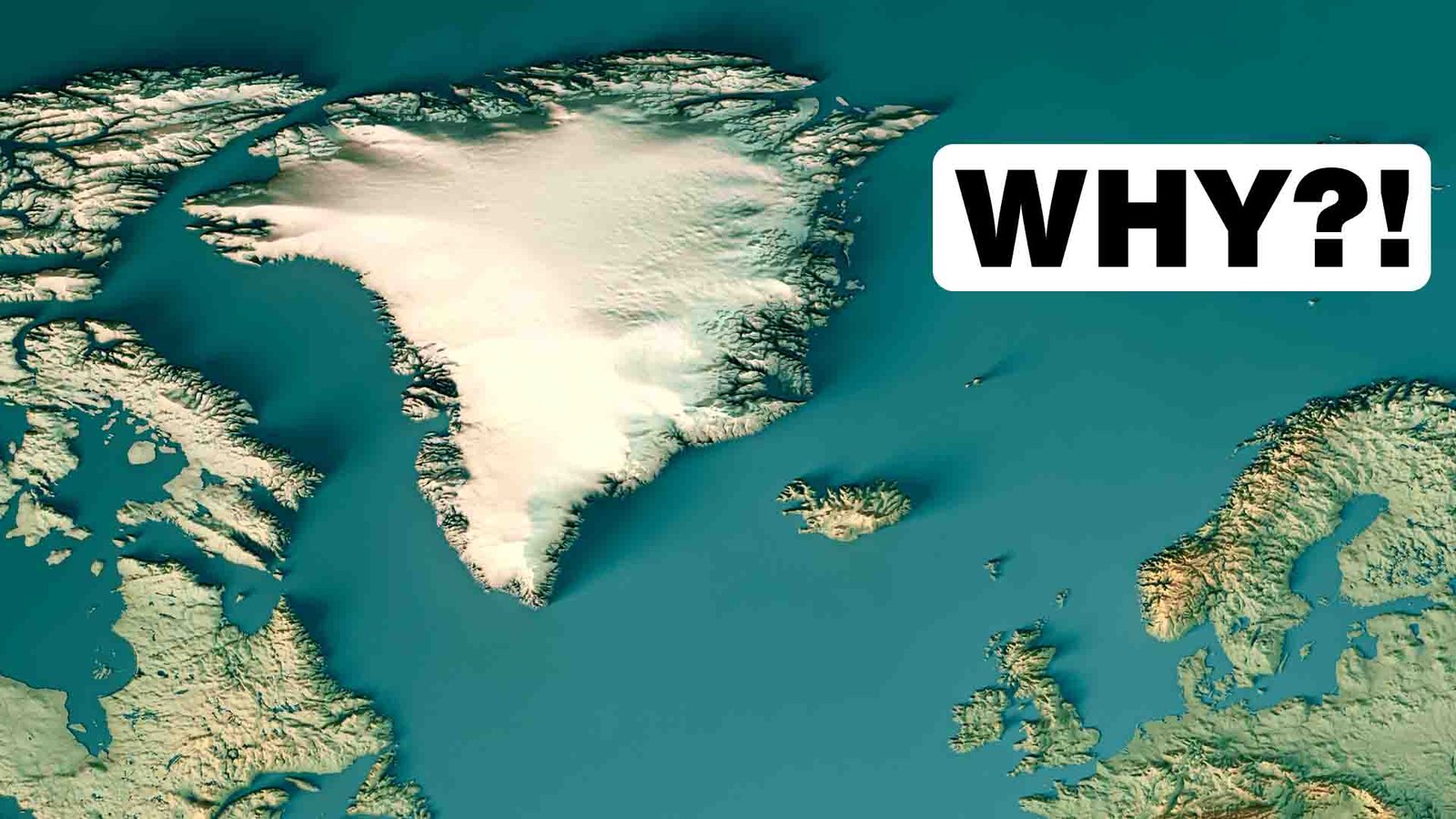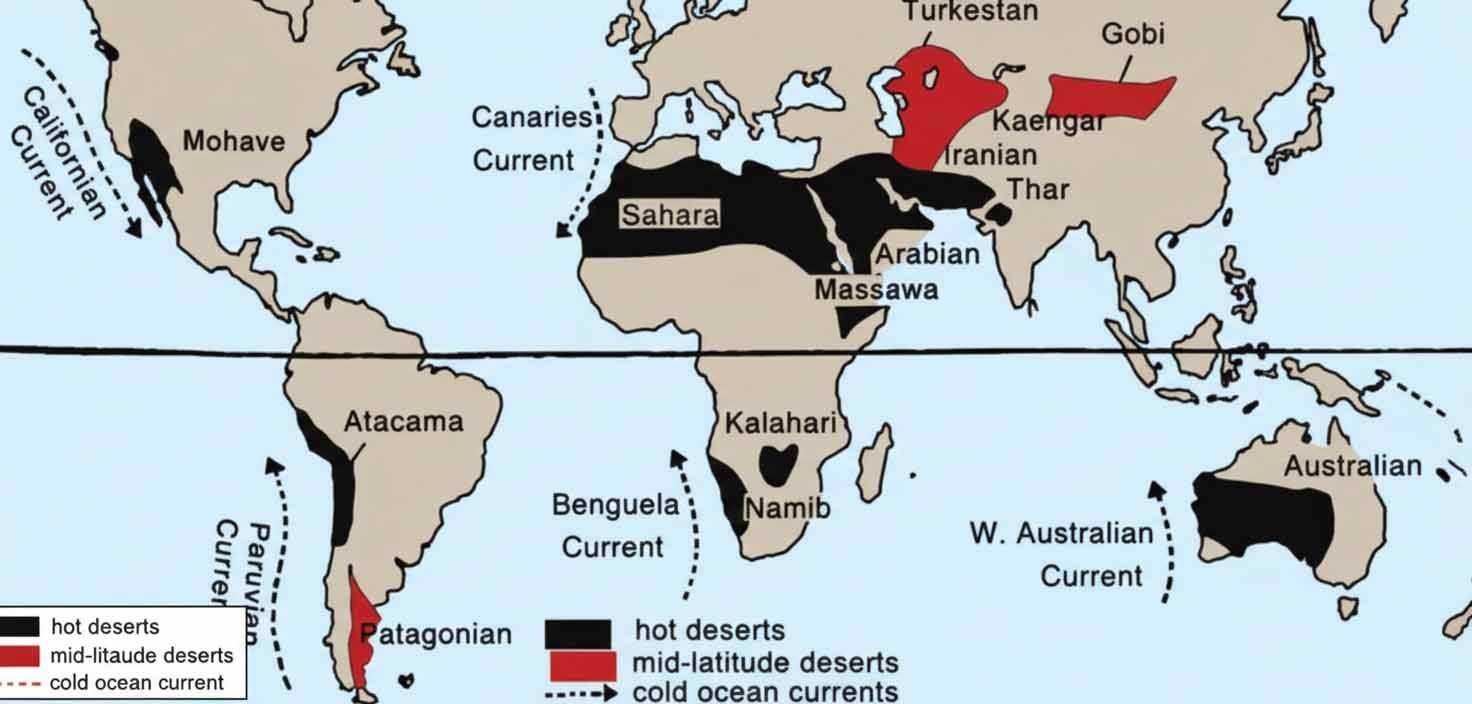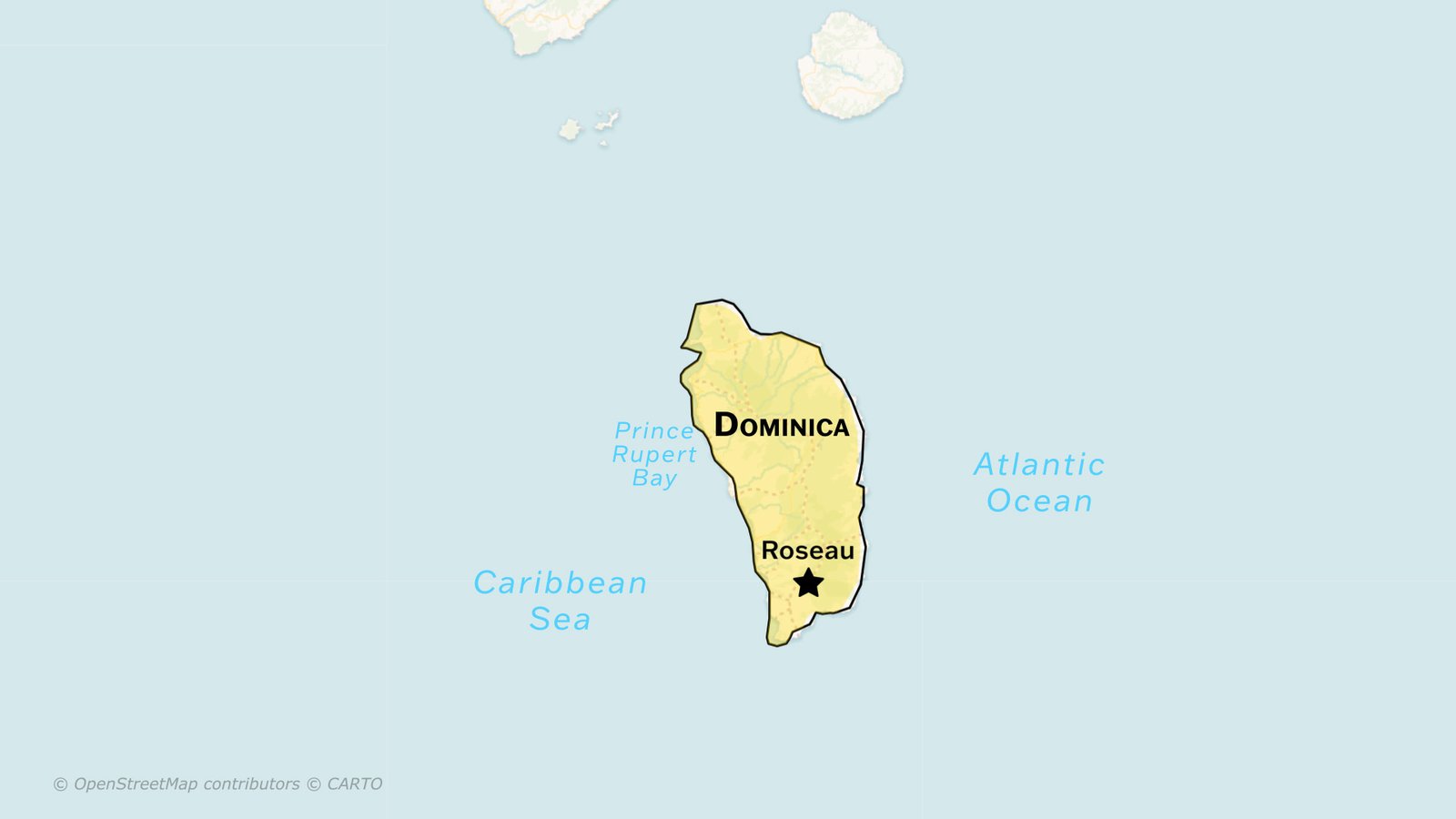When we think about rules, most of us imagine traffic laws, local government policies, or school regulations. But what about the big picture—the global stage? The truth is, the world doesn’t run on chaos. Nations have agreed upon certain international laws that shape how countries trade, fight, protect rights, and even cooperate during emergencies. These laws don’t just affect politicians or diplomats. They trickle down and influence your life too, whether you realize it or not.
So, let’s walk through 8 important international laws that influence the world in a simple, human way. No heavy legal jargon—just straight talk.
1. The United Nations Charter (1945)
If there’s one document that holds the world together after World War II, it’s the UN Charter. Think of it as the “constitution of the international community.”
-
It was signed in 1945 to prevent future wars.
-
It gives rules on sovereignty, peacekeeping, and human rights.
-
It established the United Nations, which now has 190+ member states.
In plain words: the UN Charter stops powerful nations from simply doing whatever they want. It demands respect for borders, promotes peaceful dialogue, and makes war the last option.
👉 Without this law, we’d probably be living in constant global conflict.
2. The Geneva Conventions (1949 and Additional Protocols)
War has always been brutal, but there are limits—even in conflict. That’s where the Geneva Conventions step in.
-
They set rules for humanitarian treatment during war.
-
Prisoners of war, civilians, and medical staff must be protected.
-
Attacks on hospitals, schools, and Red Cross facilities are prohibited.
Imagine if these rules didn’t exist. Wars would be far more cruel, and innocent people would have no shield of protection.
In short, the Geneva Conventions are humanity’s way of saying: “Even in war, there are lines you cannot cross.” ⚖️
3. Universal Declaration of Human Rights (1948)
This one is a milestone in human history. After the horrors of World War II, the world came together and declared: every person has basic rights.
-
Right to life, liberty, and security.
-
Freedom of expression and religion.
-
Right to education and work.
Sure, not every government fully respects these rights—but the fact that they exist as universal standards means citizens everywhere have something to point to when demanding justice.
Think of it as the world’s moral compass. 🧭
4. The Treaty on the Non-Proliferation of Nuclear Weapons (NPT, 1968)
Nuclear weapons changed everything. One bomb could destroy an entire city. The NPT was created to stop that nightmare from spreading.
-
It limits which countries can have nuclear weapons.
-
Non-nuclear states agree not to build them.
-
Nuclear states promise to work towards disarmament.
Without this treaty, dozens of countries would likely have nukes today. And the risk of war would skyrocket.
In simple terms: this law tries to keep the world from blowing itself up. 💣
5. Paris Agreement on Climate Change (2015)
Here’s where international law meets the environment. The Paris Agreement is the world’s biggest step to fight climate change.
-
Countries agreed to cut greenhouse gas emissions.
-
The goal is to keep global warming below 2°C.
-
Nations must report progress regularly.
This isn’t just about governments. Cleaner energy policies affect businesses, car industries, farming, and even your electricity bills. 🌱
So yes, the Paris Agreement directly touches our everyday life—even if we don’t notice it.
6. The Law of the Sea (UNCLOS, 1982)
Ever wondered who owns the ocean? Can a country claim the entire Pacific? Nope—thanks to UNCLOS (United Nations Convention on the Law of the Sea).
-
It defines territorial waters (12 nautical miles).
-
It gives nations control over resources within 200 miles (Exclusive Economic Zones).
-
It protects freedom of navigation.
This law is why international shipping works smoothly. Without it, countries might fight endlessly over fishing rights, oil drilling, and shipping lanes. 🚢
7. Rome Statute of the International Criminal Court (ICC, 1998)
What happens if leaders commit genocide or war crimes? They shouldn’t just walk free. The Rome Statute created the International Criminal Court (ICC) to deal with such crimes.
-
Individuals (not just governments) can be held accountable.
-
Crimes like genocide, crimes against humanity, and war crimes can be prosecuted.
-
Even presidents and generals aren’t above the law.
This law sends a strong message: no one is untouchable when it comes to human rights violations.
8. World Trade Organization (WTO) Agreements (1995 onwards)
Trade is the lifeblood of the modern economy. The WTO agreements shape how goods, services, and investments flow between nations.
-
They reduce tariffs and trade barriers.
-
They provide rules for fair competition.
-
They settle disputes between countries.
Think of it this way: the phone in your pocket, the coffee you drink, the clothes you wear—they probably exist because of global trade rules. Without them, everyday goods would be scarce and expensive. 📦
Quick Comparison Table of These Laws
| International Law | Year | Focus Area | Impact |
|---|---|---|---|
| UN Charter | 1945 | Peace & Security | Prevents wars, creates UN |
| Geneva Conventions | 1949 | Humanitarian Law | Protects civilians & POWs |
| Universal Declaration of Human Rights | 1948 | Human Rights | Sets global standards |
| NPT | 1968 | Nuclear Disarmament | Limits spread of nukes |
| Paris Agreement | 2015 | Climate Change | Reduces emissions globally |
| UNCLOS | 1982 | Maritime Law | Defines sea rights |
| Rome Statute | 1998 | International Justice | Creates ICC |
| WTO Agreements | 1995+ | Trade & Economy | Regulates world trade |
Why These Laws Matter to You
You might be thinking: “Okay, these laws sound big, but why should I care?”
Well, here’s the thing: these agreements touch your daily life. From the price of your groceries to the air you breathe, from the stability of your job to whether your country stays safe—international laws silently guide the framework of modern living.
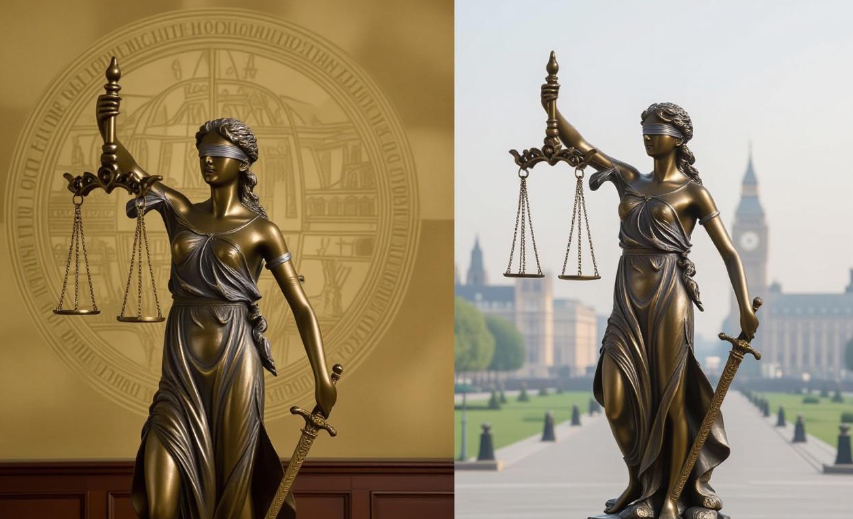
FAQs
Q1: Are international laws really enforceable?
Not always perfectly. Some countries ignore them, but many nations respect these rules because breaking them has big political and economic consequences.
Q2: Which international law affects me the most directly?
The WTO Agreements and Paris Agreement are very close to daily life. They influence the cost of goods, jobs, and environmental policies.
Q3: Who makes international laws?
Most are created through treaties, conventions, and agreements between countries, often under the guidance of the UN or global organizations.
Q4: What happens if a country breaks these laws?
Consequences can range from sanctions, penalties, international court cases, or even military action (though that’s rare).
Q5: Will new international laws emerge in the future?
Definitely. With technology, AI, cybersecurity, and space exploration rising, new treaties will be needed.
✅ In summary: these eight international laws aren’t just for politicians in suits. They’re silent guardians shaping peace, justice, trade, and even the environment. Next time you sip your morning coffee or scroll on your imported smartphone, remember—international law made it possible.

